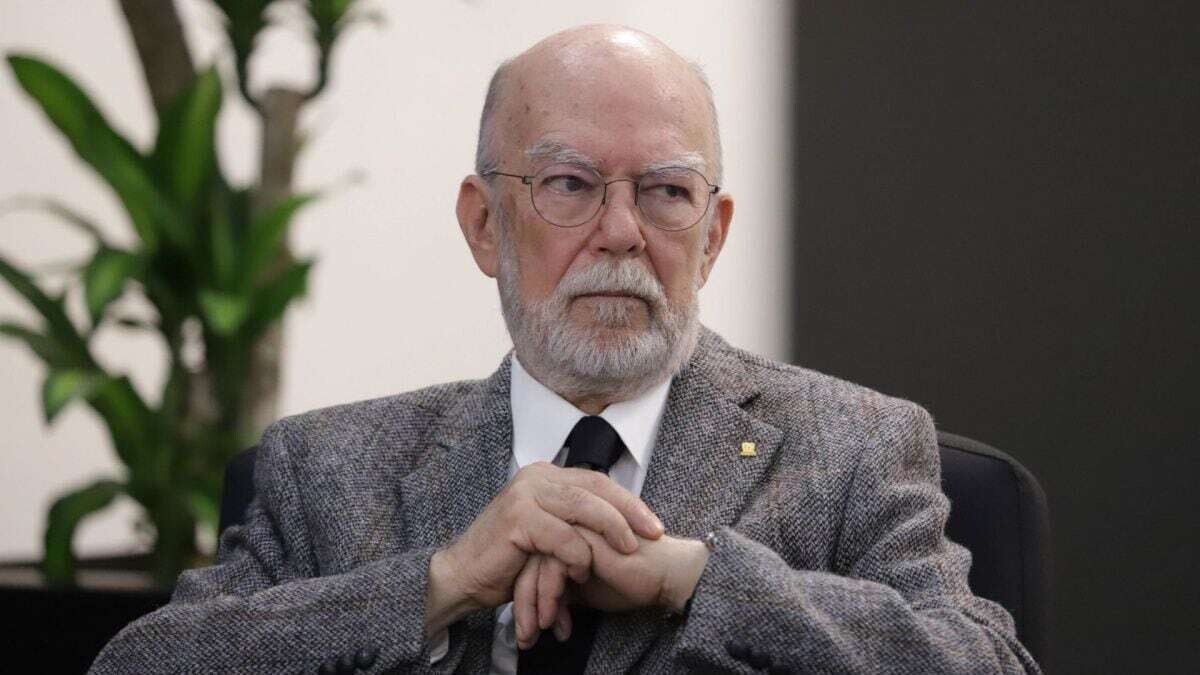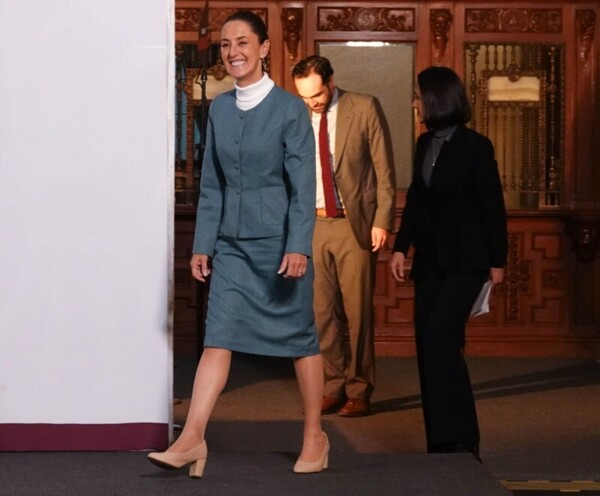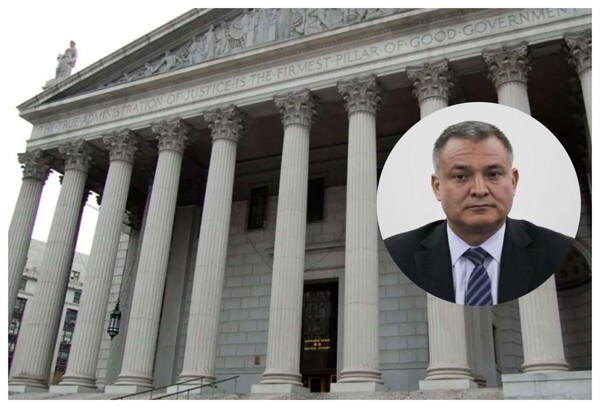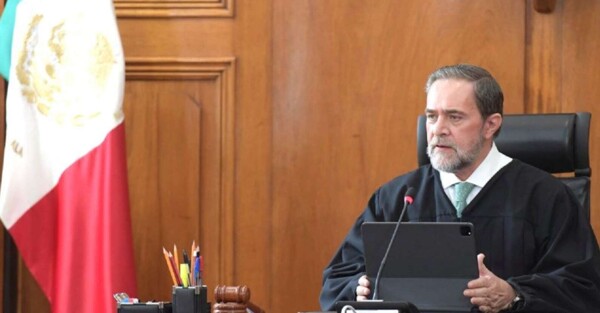
The Supreme Court of Justice of the Nation (SCJN) has decided to discuss on November 5 the draft ruling presented by Minister Juan Luis Alcántara Carrancá, which proposes to invalidate the reform to the Judiciary. In a session held on Tuesday, the ministers agreed to postpone the discussion on the resolution project that seeks to invalidate the election of judges by popular vote, among other controversial aspects of the judicial reform, such as the figure of 'faceless judges'.
The resolution project presented by Minister Carrancá is a consequence of the actions of unconstitutionality filed by the parties National Action (PAN), Institutional Revolutionary (PRI), and Citizen Movement (MC) against the judicial reform promoted by former president Andrés Manuel López Obrador. This proposal calls for the annulment of the popular election of district judges and circuit magistrates based on the lack of necessary legal security conditions in a democratic system.
The document argues that the popular election of judges does not provide certainty regarding the requirements of the candidates or their profiles, which prevents citizens from casting an informed vote. It is argued that this lack of clarity does not guarantee that in the future, those in charge of administering justice will adequately fulfill their obligations. Minister Carrancá asserts that such election and its processes corrupt the foundations of a democratic and representative nation.
In addition, the project proposes the elimination of the figure of 'faceless judges' with the aim of protecting the identity of certain judges from organized crime. The minister considers that this measure goes against the guarantees of due process, especially in criminal cases. On the other hand, he does not comment on the popular election of SCJN ministers or the magistrates of the Electoral Tribunal of the Judiciary of the Federation (TEPJF) and the Judicial Discipline Tribunal, suggesting that the Court should exercise self-restraint in the face of the constitutional crisis.
The project also rejects the creation of evaluation committees to review the profiles of candidates for positions in the Judiciary and the selection method for federal judges. The discussion of this topic has generated significant interest and will be addressed again next Tuesday by the SCJN.














